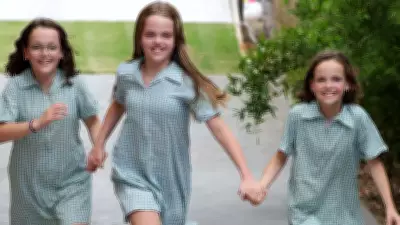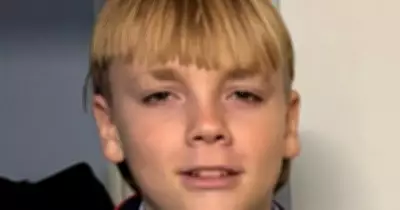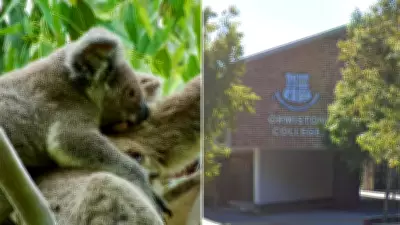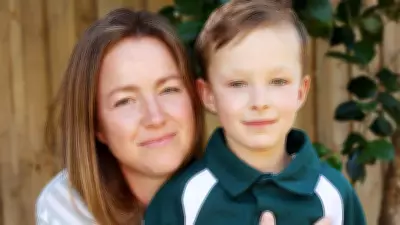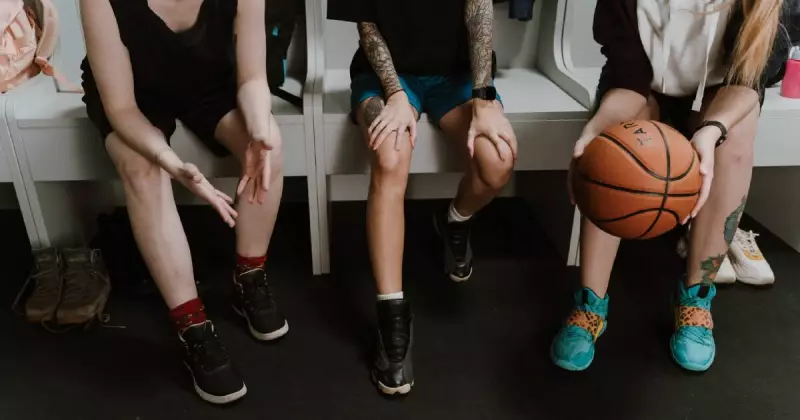
Groundbreaking research has uncovered a significant gap between sporting aspirations and reality for Australians living with autism, with environmental, systemic and social barriers preventing widespread participation.
New data from Autism Spectrum Australia (Aspect) reveals that three in four autistic children (74%) and two in three autistic adults (69%) want to participate in more sport than they currently do. The study involved more than 270 autistic Australians, including both autistic adults and parents or caregivers.
The Barriers Facing Autistic Athletes
The research identified several key obstacles preventing autistic Australians from engaging in sporting activities. These include anxiety and pressure, communication gaps, sensory overload, physical challenges, exclusion and bullying, low autism awareness, and inflexible program structures.
Special Olympics Illawarra chairperson Kellie Henson said the findings came as no surprise. "It's definitely a big reason people come to us," she explained.
Henson highlighted how Australia is pioneering inclusion within the Special Olympics framework, even though autism isn't currently incorporated by the internationally-run Special Olympics body. "In Australia, we're sort of setting the bar that we will include people with autism in sport," she said.
Success Stories from the Field
The Illawarra branch has seen remarkable success in creating inclusive sporting environments. "We have quite a few athletes who don't fit the intellectual disability spectrum, but with autism, it's like an adaptive scale," Henson noted.
She shared an example from their basketball program: "We've got two athletes in our basketball program who don't have an intellectual disability, but do have autism, and they've just slotted right in. Because our basketball coach is fantastic in adapting and modifying, athletes have a space where they can feel like they belong, and that then impacts everything in their life."
One particularly moving success story involves a woman in her 20s who competed in her first-ever sporting tournament through Special Olympics. "She'd never been able to have that opportunity before," Henson revealed. "There wasn't anything really available. That's not anyone's fault, because we don't educate society enough about difference."
An Athlete's Perspective
Fraser King has been involved with Special Olympics Australia for ten years, including four with the Illawarra branch. He described the organisation as consistently welcoming, attributing this to its community-driven nature.
"Everyone volunteers. It's all for the athletes... they'll coach, score, volunteer and I give them all my respect for that," King said. "And every athlete gets equal opportunity to play. It's very fairly competitive."
King emphasised the social benefits beyond sport: "There are a lot of friendships formed in Special Olympics. I had so much fun last year, even when I was injured, I still turned up to score just to watch everyone."
As an athlete with autism, King sees Special Olympics as a crucial bridge between mainstream competitions and para competitions he's not eligible for. "I don't have an intellectual disability so I'm very lucky to have Special Olympics... the Ivor Burge tournament, I'm not eligible for," he explained.
King highlighted the particular challenge facing high-functioning autistic people: "There are high functioning people without intellectual disabilities but their social skills make it hard for them to access mainstream sport. People with autism can't go to the Paralympics, but they may not fit in the mainstream environment. Special Olympics has been very helpful for me at times when I didn't have anywhere to go."
The Path Forward
While the research highlights significant challenges, it also uncovered positive indicators. Many coaches and practitioners expressed willingness to support autistic players but lack the training and confidence to take that first step.
Henson acknowledged that even Special Olympics faces challenges in reaching potential participants. "Even with Special Olympics, we're only skimming the surface of people who have an intellectual disability and aren't involved in sport, because they don't know about us, and it's really hard to get that information out to the public," she said.
The research findings suggest that with increased awareness, better training for coaches, and more flexible program structures, Australia could make significant strides in making sport accessible to all autistic Australians who wish to participate.
As Henson concluded: "We're getting better, but we've got a long way to go."


